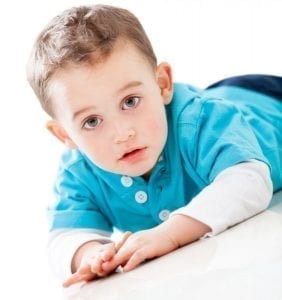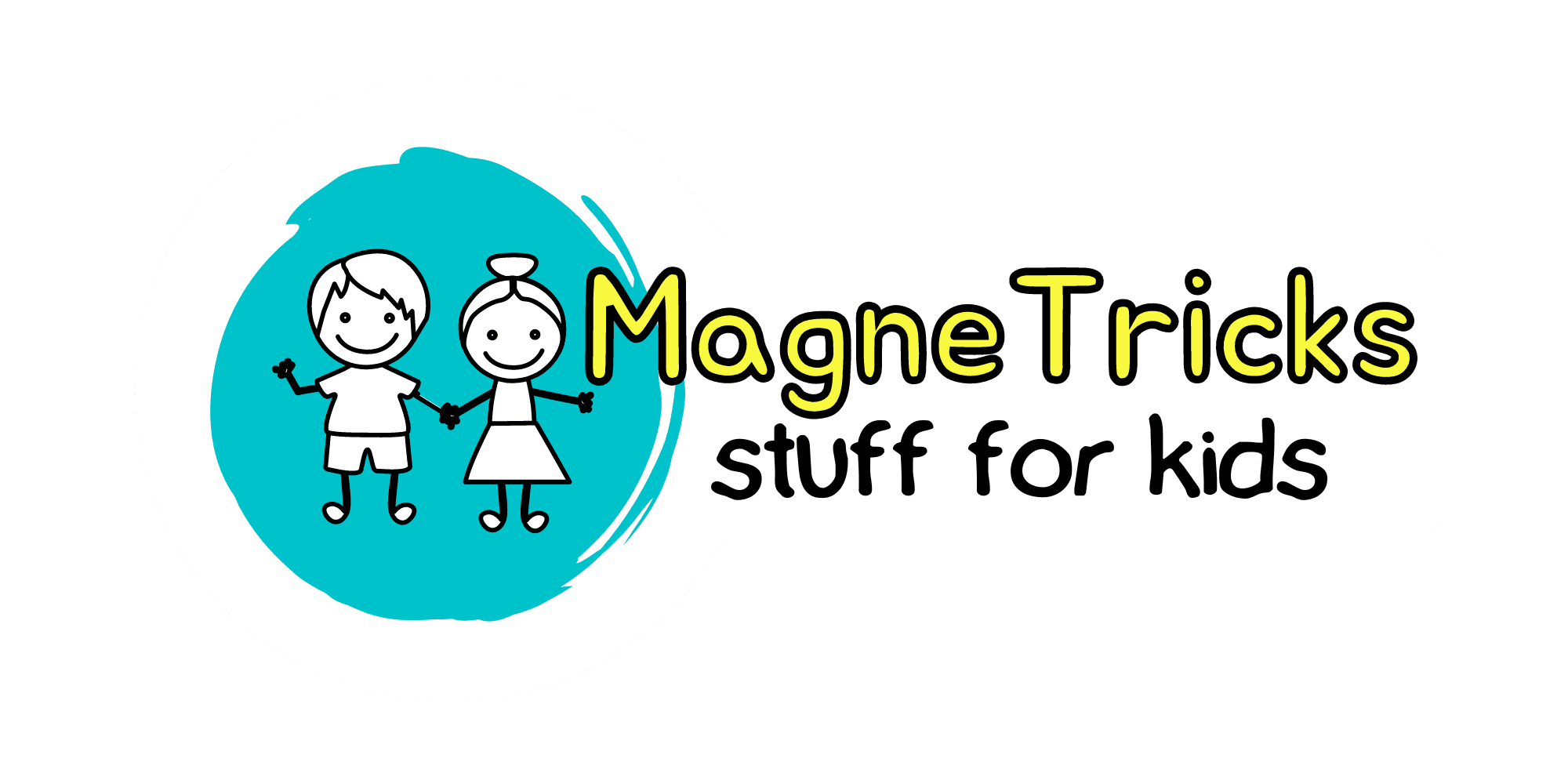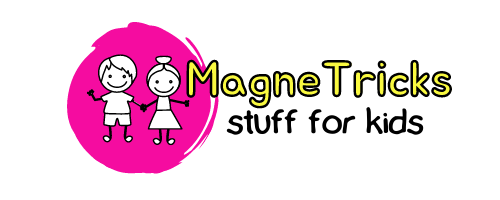All kids respond differently when they get told off for misbehaviour but there is something very simple you can do to teach them to listen instead of having a meltdown, answering back, or simply not listening at all.
It might not work every single time for every child and may take a little while for kids to break old habits and adapt with the new strategy, but you will see improvement in how they behave and respond to being told off.
What happens normally when you tell a child off out of frustration, anger or contempt
Typically when a child gets told off for misbehaviour they often get discouraged and it can lead to them withdrawing and misbehaving even more. Teachers see this far less than a child’s parents do but there are still children who feel discouraged when anyone ‘tells them off’.
If you really want your children to actually listen you need to understand the reason you’re telling them off and make sure they know the reason too. It also comes down to what you say/do after you’ve told them off. How they respond to your words and how you respond to their actions after you’ve told them what you needed them to hear.
The reasons we tell children off
There are two main reasons we tell children off. The first is to stop them from doing something they shouldn’t be doing. Pretty self explanatory but these normally relate to rules put in place for the safety of themselves, others or their environment. The second is because they haven’t done something you’ve asked of them or they’re meant to do. This is a very different form of misbehaviour but both problems have similar roots.
You think or expect that your children/students know what they should and shouldn’t do. Very few children actually deliberately misbehave – in the moment that causes them to do the wrong thing, they’re not conscious of whether they’re making good or bad choices. Much of the time they’re acting on impulse. Those children we view as ‘naughty’ are far more impulsive and find it much much harder to consider whether what they’re doing is ‘right’. They need the most help in learning how to manage their impulses and this is what ‘telling off’ should be for.
How a child SHOULD feel about you telling them off
When a child is told off they should feel like you’re giving them instruction to help them change what they’re doing. It can be grouchy, sometimes you might even shout and you may need to if they’re putting themselves or someone else in danger. If they stop what they’re doing, you praise their socks off. They responded to your instruction in the way you wanted them to. When you assume your child is misbehaving on purpose, it changes your words from instruction to scolding them. What difference does this make? Instruction gives them the chance to get it right, and if you’re consistent they will. Scolding a child makes them feel like they can’t fix it, which for someone who is still learning how to be awesome can be incredibly disheartening.

If the child is neglecting to do something, you ‘tell them off’ to remind them what they need to do. If they feel like you’re angry and don’t like them why would they want to do it? They just become swamped with emotion. If you make it known that telling them off is the way you help them remember how to be amazing, they take it as such.
It can be very hard to remove your own frustration and exhaustion from your voice when you need to tell your kids off and honestly sometimes you can’t. When my children misbehave and I respond harshly they will often become upset and then I remind them of what it means when I tell them off – it’s to give them a chance to make the best choices. It makes all the difference to how they feel and behave.
The best message in Triple P
This really stuck with me after doing the triple P course because it challenged everything I had always done and seen. After a child has been in time out, you should praise them and not bring up their previous indiscretion. This challenged everything I knew but the more I thought about it the more it made sense.
Why would a child ever want to be in time out if they know they’re going to be met with an angry parent again or reminded of what they did wrong when they finish time out? It then made me think about how as parents we often hang on to the things our kids do wrong and remind them of it again and again and again. How discouraging for them. Why would they want to listen to us telling them off or telling them to stop, when it’s just the start of us being angry with them for an unreasonable amount of time?
Teachers often don’t have this problem because we don’t have time to dwell on the mistakes one child has made. The nature of the busy classroom forces us to deal with it promptly and move on. Parents need to learn how to do this if they want their kids to do the right thing and feel amazing doing it.
How a child SHOULD feel about you telling them off

It is such a great lesson for our children to learn to promptly correct a mistake and move on. They don’t need to carry it with them because they can make better choices now. As a parent I want my children to learn that they can fix a mistake and they can fix it quickly. That the adults in their life will still love and support them regardless of the mistake and not dwell on it. That they can trust you to teach them right from wrong, and that you’ll teach them what it means when you yell or tell them off. That you appreciate their ability to stop and listen when you need them to.




